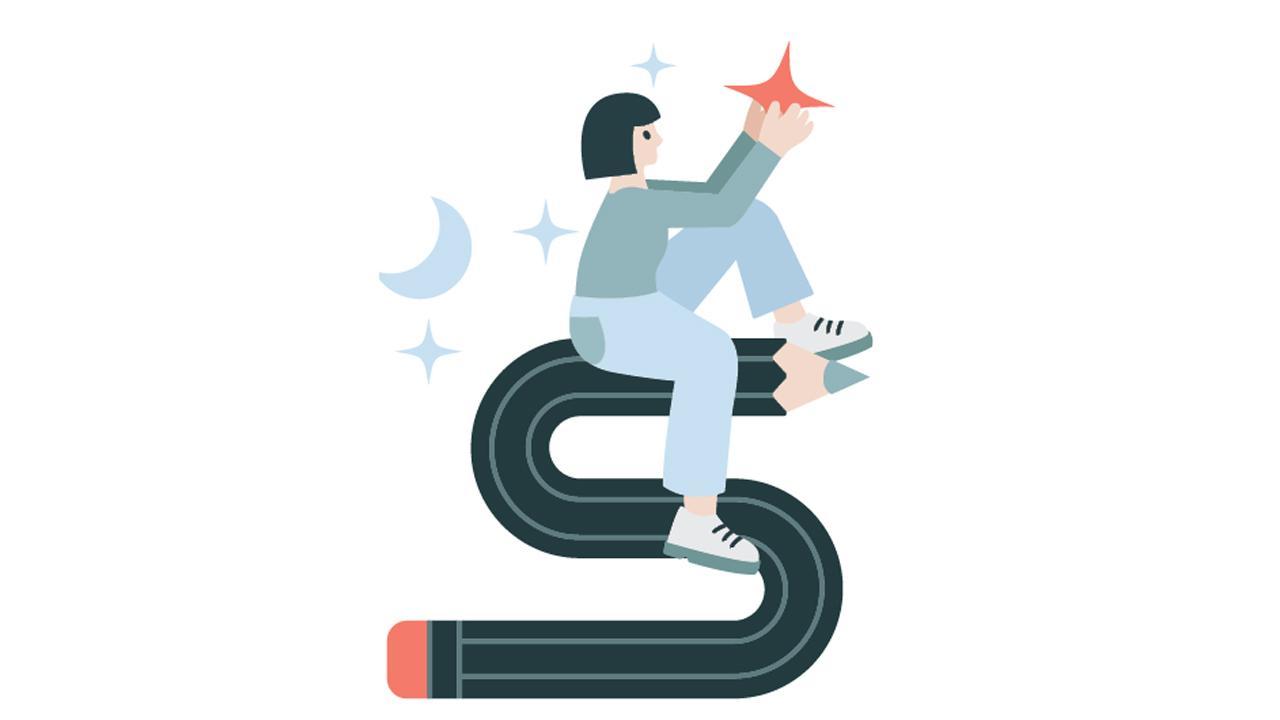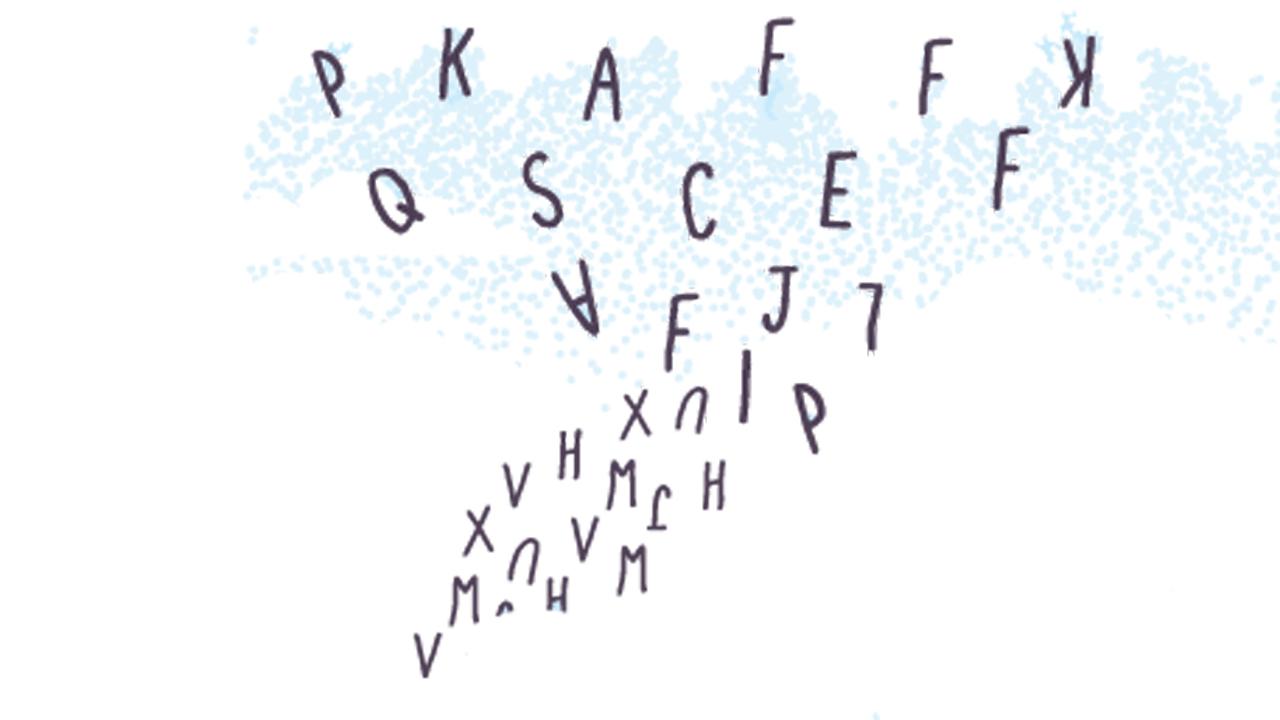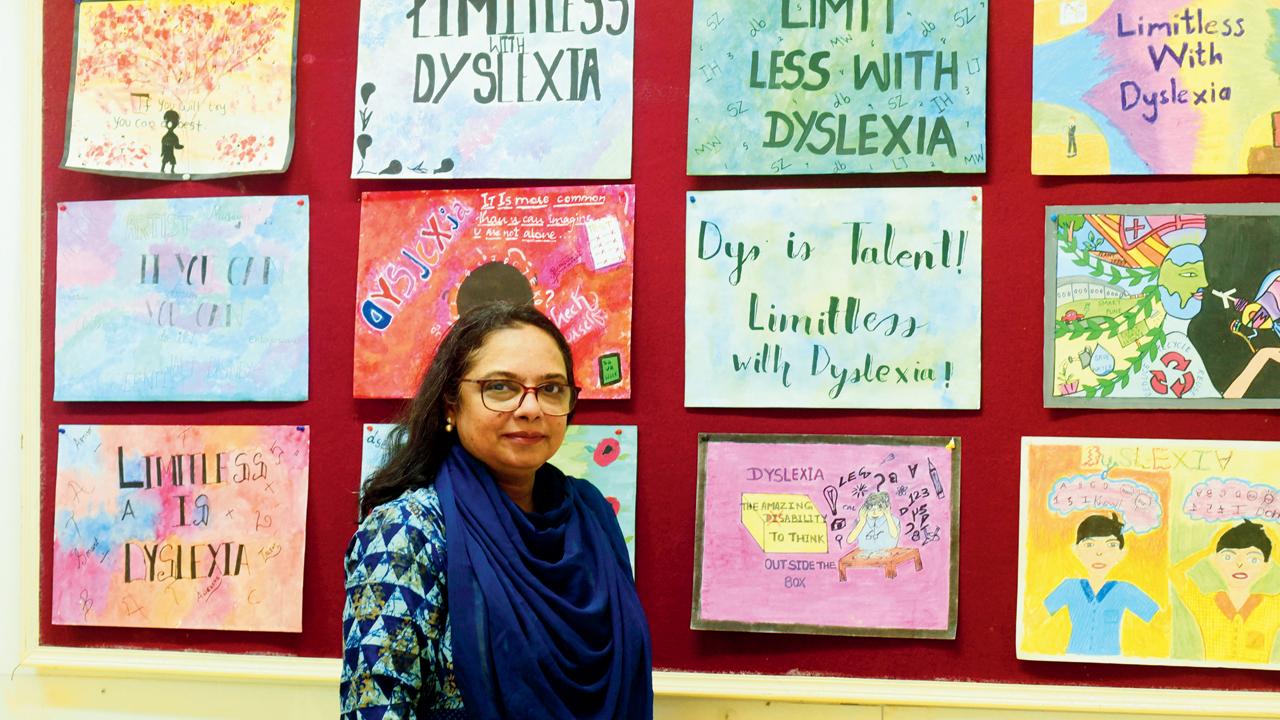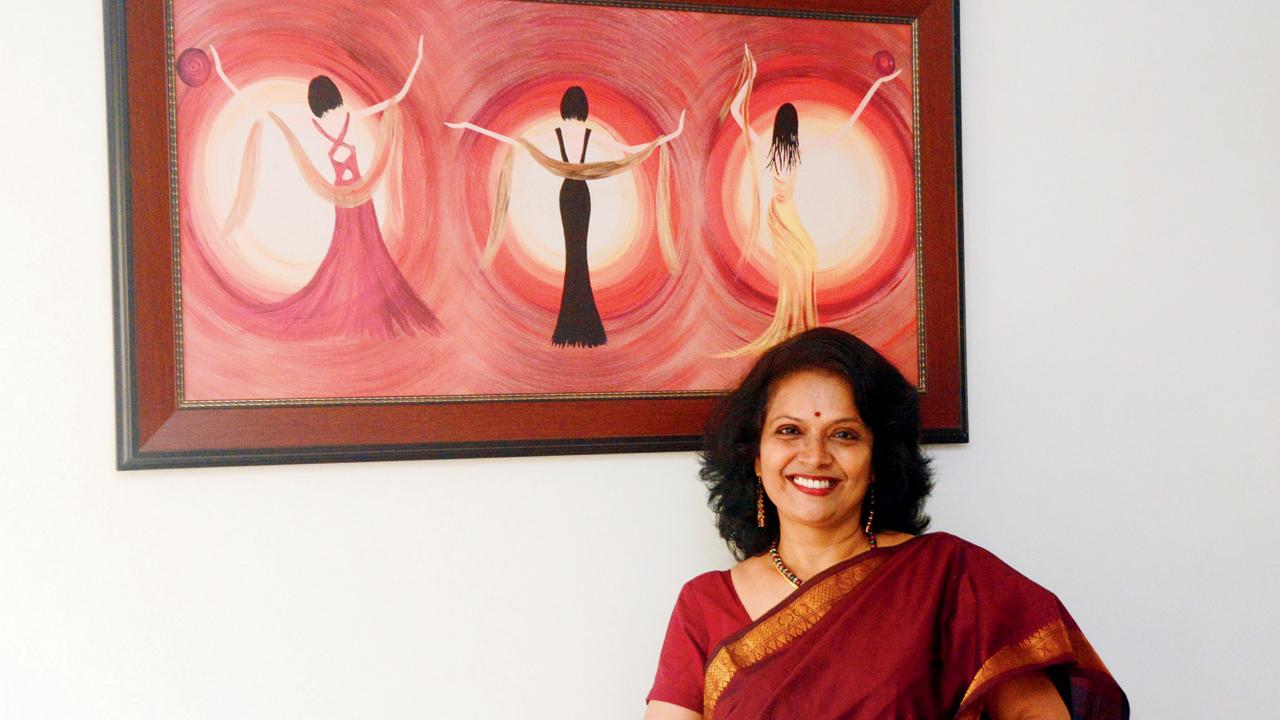India is facing a severe dearth of special educators. Two women, who have dedicated their lives to teaching kids with special needs, discuss their journey and how this gap can be bridged

Illustration/Uday Mohite
Last month, the Supreme Court raised a concern that disability activists have been trying to draw attention to for decades: Do we have enough special educators? “There’s a dearth of rehabilitation professionals or special teachers who alone can impart education and training to handicapped persons or children with special needs (CwSN) and are registered by the Rehabilitation Council of India,” observed the bench headed by Justice AM Khanwilkar, adding that there are only 1,20,781 special educators registered at present with the Rehabilitation Council of India (RCI). As per the data available with Unified District Information System for Education, there are 22.5 lakh children with special needs in the country. Experts say a master’s degree in special education can set one apart from other applicants for teaching jobs, because a special education degree makes it clear you are capable of teaching every student. Why, then, does India find itself in a dire position? Two special educators decode the dilemma.
ADVERTISEMENT

‘You need immense patience’
Masarrat Khan, 55///Dyslexia therapist
clinical psychologist and CEO, Maharashtra Dyslexia Association
 Masarrat Khan at the Maharashtra Dyslexia association in Dadar. She says India’s New Education Policy (NEP) which seeks to address all such forms of marginalisation in education, will help improving access to education and creating an inclusive society. Pic/Atul Kamble
Masarrat Khan at the Maharashtra Dyslexia association in Dadar. She says India’s New Education Policy (NEP) which seeks to address all such forms of marginalisation in education, will help improving access to education and creating an inclusive society. Pic/Atul Kamble
It’s no exaggeration, says Masarrat Khan, that one in every 10 people has dyslexia, which means that in a world with a population of over seven billion, more than 700 million children and adults are at risk of social exclusion and illiteracy. “What makes it [dyslexia] complex is that you cannot see the problem given that it is not a physical disability. Even autism can be gauged from the mannerisms and behaviour pattern, but not dyslexia, unless the person tells you that they have the condition. Besides, so many cases go undiagnosed.” Dyslexia is a life-long condition, and research has shown that early identification and intervention can help the people affected by dyslexia to lead meaningful lives. “You need a special skill set to be able to teach those affected by dyslexia. I’d say any field of special education requires 100 per cent commitment, along with immense patience, especially with dyslexia as these are people who come with a lot of emotional baggage. They are labelled as dumb, as they struggle to process information making it hard to read, spell and write, due to which they have issues with self-esteem.” Because all children have the right to education, and make progress in line with their mainstream counterparts, Khan decided that teachers needed to be trained better. In 2008, Maharashtra Dyslexia Association (MDA), a non-profit committed to building a support system for individuals with Specific Learning Disorder, launched the Dyslexia Therapist Training Programme by Sandra Dillon, author of the Sounds In Syllables Dyslexia Therapy. The first-of-its-kind in India, it was in collaboration with the Multisensory Language Training Institute of New Mexico with Khan as the Course Coordinator. The course equips candidates to become specialists in teaching and therapy for individuals with dyslexia. However, realising that not everybody was interested in becoming a therapist, she designed a three-level course which was launched in June 2020. Khan’s experience has shown that those who get into the field of special education often have a family member with disability, or feel inspired after having volunteered with organisations that cater to people with special needs, or are mainstream teachers who have been at a loss as to why some children in their class are unable to read, write and spell despite good verbal skills. The motivation is never money. In her own case, Khan says she did not set out to make a career in special education, but a chance encounter in 1989 with a social worker at the then Children’s Orthopaedic Hospital in Haji Ali, led her down the path. “Back then, the hospital used to run a unit for children affected by cerebral palsy, where they were teaching them academics along with providing therapy. The social worker insisted that I at least come and observe the kids because they were looking for educators. I went for 15 days and the rest is history.”
‘More posts need to be created’
Shoba Srivastava, 56///Special educator and co-founder of SOPAN
(Society of Parents of Children with Autistic Disorders)
 Shoba Srivastava, co-founder of Sopan, which offers a variety of human resource development programmes in the field of disability education. The organisation recently set up set up a new centre, Shanay, at Panvel. Pic/Satej Shinde
Shoba Srivastava, co-founder of Sopan, which offers a variety of human resource development programmes in the field of disability education. The organisation recently set up set up a new centre, Shanay, at Panvel. Pic/Satej Shinde
In 2002, a group of parents whose children with autism needed specialised education and training, decided to band together to set up SOPAN (Society of Parents of Children with Autistic Disorders), a registered NGO working for autism and related developmental disabilities. Shoba Srivastava happened to be one of them. “We started out with the aim of empowering parents of children with autism, but along the way, we opened it up to all disabilities because that was the need of the hour. We then started teaching young children with developmental disabilities, but now we run a school, college and even offer vocational training.” Armed with a degree in Special Education with a post graduate degree in education, Srivastava has since played a significant role in raising awareness around the condition. For her, teaching special kids is one of the greatest joys. But sometimes, finance overrides feelings which explains why not many teaching professionals want to sign up for the job. “The compensation is the primary reason for the dearth. There’s joy but less money. Secondly, the government has not created enough posts for special educators to promote employment. Yes, there are schools, but not enough. And NGO-run schools can’t match up to what regular teachers get at private schools.” The average salary for a special educator in a government-run school is Rs 25,000 per month, which experts say is not adequate. The average salary for a special education teacher in the United States is $50,506 (Rs 37,53,143)per year. Srivastava, however, says that slowly we are moving towards an inclusive society. “Special schools for visual and hearing impaired children have shrunk over the years because these students can be integrated into regular schools, because of the legal provisions in India. Children with neurological disabilities are also moving towards inclusive education, but require a lot more support.” Making the BEd degree more broad-based so that it includes a special education component will make a difference, she feels. “That way, we can teach any child in any setting.”
How to become a Special Educator
. Completion of Class X11 in relevant/related subjects. Students must have completed 10+2 in any subject from a recognised board.
. Clear the Entrance Exams: Several colleges and universities administer entrance exams to students interested in special educator programmes.
. Complete your Bachelor’s Degree: Following the completion of 10+2, students must apply for admission to institutions to pursue a bachelor’s degree in special education.
. Pursue Post Bachelor’s Degree: Candidates must apply for admission to a BEd programme in special education after completing a bachelor’s degree programme.
 Subscribe today by clicking the link and stay updated with the latest news!" Click here!
Subscribe today by clicking the link and stay updated with the latest news!" Click here!







